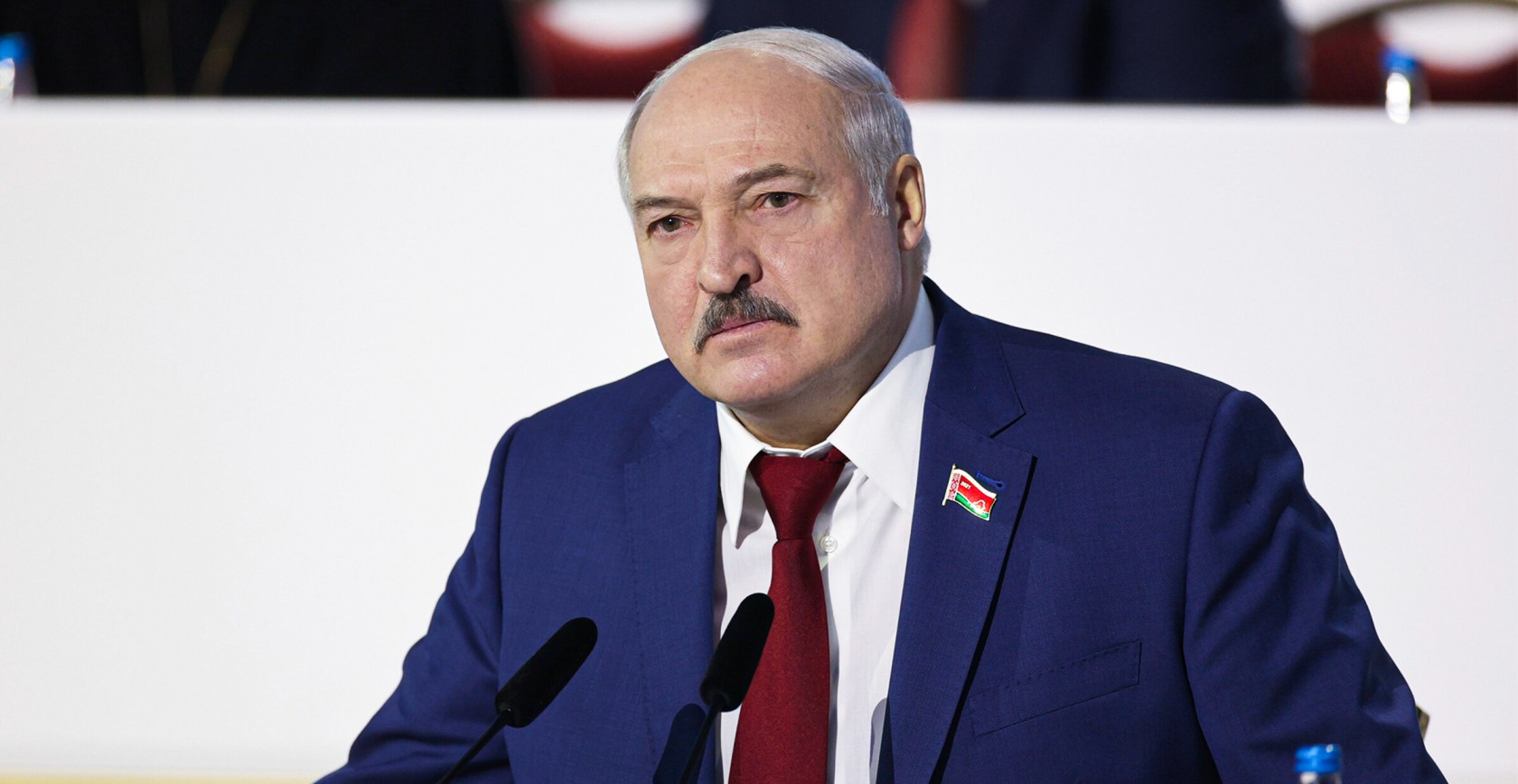Belarusian President Alexander Lukashenko, who has been ruling the Eastern European country since 1994, is trying to find a way to stay in charge for as long as possible. By the end of the year, the former Soviet Republic is expected to get a new constitution that could limit presidential powers, but that does not mean that the 66-year old Belarusian leader will retire any time soon.
Following mass protests that erupted after the controversial presidential election held in August 2020, Lukashenko announced that the nation’s constitution would be drafted by the end of 2021.
“I’m not making a constitution for myself. I will not be working with you as president with the new constitution. So calm down,” he declared in November 2020.
The Belarusian President also promised that the amendments to the existing constitution would be adopted through a referendum that should take place no later than early 2022. Three months later, Lukashenko outlined two main conditions for his departure from office. Lukashenko pointed out during the All-Belarusian People’s Assembly held on February 11:
“Peace in the country, order, no protest actions, not turning the country upside down, and expressing opinions within the framework of the law. The second condition: if it turns out that the wrong ones come to power, and they will have different views, the second point we’re going to write is that not a single hair from you, the supporters of the current president, can be touched. As such, I have proposed making the All-Belarusian People Assembly a constitutional body. It should be a stabilizer for the transition period.”
Members of the Belarusian opposition expressed scepticism that the country’s leader is prepared to make genuine concessions. They accused Lukashenko of attempting to rewrite the constitution to secure his hold on power. In the meantime, the exiled opposition – currently based in Lithuania and Poland – led by Svetlana Tikhanovskaya who claims to be the rightful winner of the 2020 election, promised to publish its own version of Belarusian constitution soon.
“The All-Belarusian People’s Assembly held by Lukashenko and his officials in Minsk was so fake. Fake elections, fake inauguration, fake democracy. The regime holds Belarusians hostage”, wrote Tikhanovskaya on Twitter.
The All-Belarusian People’s Assembly takes place once every five years. It was supposed to offer a way out of the current socio-political crisis but, given that the opposition did not participate, it is unlikely that a compromise will be reached any time soon. It is worth noting that this year’s event took place under the slogan “Unity, development, independence”, while in reality Belarus remains a divided country with the ongoing economic stagnation. Moreover, the nation is heavily dependent on Russia, primarily on its loans and subsidies. Moscow helped Lukashenko to consolidate his power following mass protests last year. Since there ain’t no such thing as a free lunch, the Belarusian leader is expected to make certain concessions to the Kremlin.
“Belarus will be advocating economic integration with the Russian Federation on the basis of equality”, Lukashenko said on February 11, speaking of Belarus’ integrations into the Russia – Belarus Union State.
However, given that Russia is 82 times larger than Belarus, and has far greater economic and military strength than its neighbor, equality between the two countries would be practically impossible. In other words, Lukashenko – sanctioned by the West after the crackdown on protests, and pressured by the Kremlin – will eventually have to agree to Moscow’s terms and conditions. He already had to accept that Russia is not going to reduce the natural gas price for Belarus, which is something that he insisted on last year. On the other hand, the Belarusian leader does not give up his “multi-vector” foreign policy, even though his political fate depends exclusively on Russian support. Moscow, however, is pressuring Lukashenko to change the constitution, since the Kremlin sees constitutional changes as a way to eventually ease him from office. At the same time, Russia does not seem to want the West-backed opposition to come to power. That is why the Kremlin treats the Belarusian President as “the lesser of two evils”.
Lukashenko is anything but naïve. He is quite aware that the only difference between the West and Russia is in their approach to the political crisis in Belarus. The West insists that Lukashenko must step down immediately, while the Kremlin is pushing for constitutional changes that should lead to his political retirement. As an experienced politician who has been successfully balancing between Moscow and the West for decades, he will likely keep buying time. Indeed, one day Belarus will be without Lukashenko but, as he said, “not today, not tomorrow, not the day after tomorrow.”
Image credit: president.gov.by

